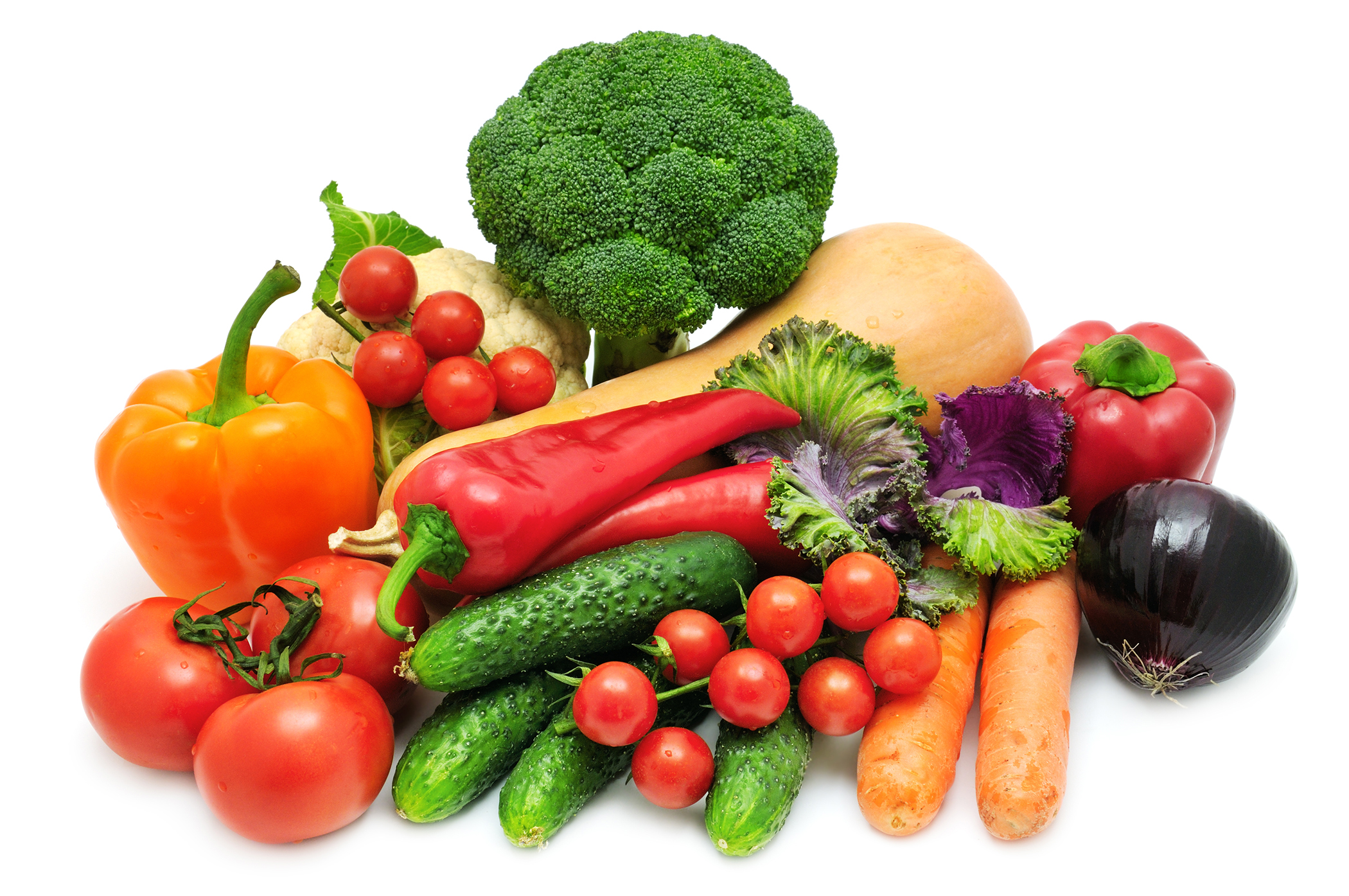Blog

There is a new report out by the Economic Research Service called ‘Healthy Vegetables Undermined by the Company They Keep’ that really surprised me. It makes me question my mantra to always “eat more fruits and vegetables”.
In a nutshell, the report said that eating more fruit is associated with healthier weight but that Americans who eat more vegetables may actually increase their calorie and sodium intake. How can that be? Vegetables are naturally low in calories and sodium.
The report found that when many Americans eat vegetables they prepare them in ways that add calories and sodium while reducing fiber. So, if you eat more vegetables you will also get more fat, sodium, and calories.
I think the disconnect is that when I recommend eating more vegetables I am thinking roasted sweet potatoes or Brussels sprouts, raw baby carrots, spinach salads, steamed green beans, raw broccoli and cauliflower florets, etc. But some people hear this recommendation and automatically think about the vegetables they are used to eating such as French fries, cheesy potatoes, green bean casserole, 7 layer salad, zucchini bread, hash browns, pizza with mushrooms, spinach dip, etc.
In the future I’m going to modify my message about vegetables. Here are a few of my modifications:
1. Most of us need to eat twice as many vegetables as we do. But all vegetables are not created equal. Different colored vegetables provide different nutrients. Try to eat more of the dark green and orange vegetables. Most of us don’t need to eat more white potatoes which we often fry or eat with butter or cheese. Tomatoes are another tricky one. Fresh tomatoes or canned tomatoes with no salt added are healthier choices than tomatoes cooked into pizza and spaghetti sauce which are typically high in sodium.
| Dark Green Vegetables raw baby spinach broccoli romaine lettuce |
| Orange Vegetables baby carrots baked sweet potato |
| Dry Beans* and Peas cooked black beans cooked kidney beans cooked pinto beans |
| Starchy Vegetables cooked corn baked potato |
| Other Vegetables raw cauliflower cooked green beans iceberg lettuce raw mushrooms red onion raw tomato tomato juice raw zucchini |
2. Try to eat your vegetables without added calories and sodium.
| Eat more of these… |
Eat less of these… |
| Relish Trays or individual snack bags with raw vegetables like carrots, broccoli, cherry tomatoes, mushrooms | Creamed or au gratin vegetables |
| Spinach salad with reduced fat dressing | Spinach dip |
| Roasted or grilled sweet potatoes or Easy Roasted Vegetables | White potatoes topped with generous amounts of butter and sour cream |
| Raw vegetable salads with a small amounts of reduced-fat dressing such as Creamy Cauliflower Salad or Summer Bounty Salad | Raw broccoli/cauliflower salads with almost as much sour cream and mayo as vegetables |
| Roasted Tomato and Spinach Pasta or Cheesy Pasta with Summer Vegetables | Pastas with lots of cream, cheese, or canned sauces with lots of sodium |
3. Pay attention to labels. The sodium varies greatly on canned vegetables and tomato-based sauces and soups. Compare the labels so you can choose one with less sodium. Calorie labeling will soon be available in restaurant chains with 20 or more establishments and you can ask managers to provide the information in local restaurants.
